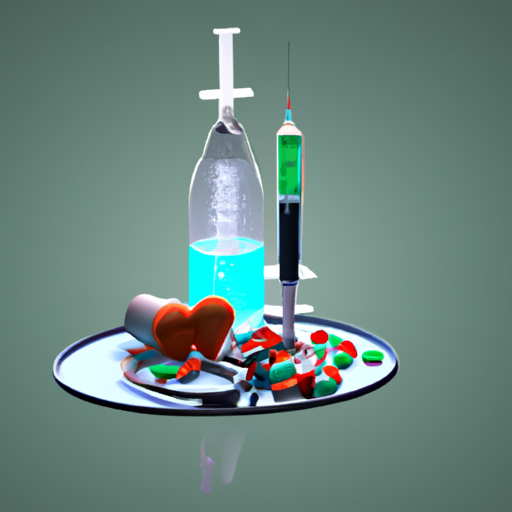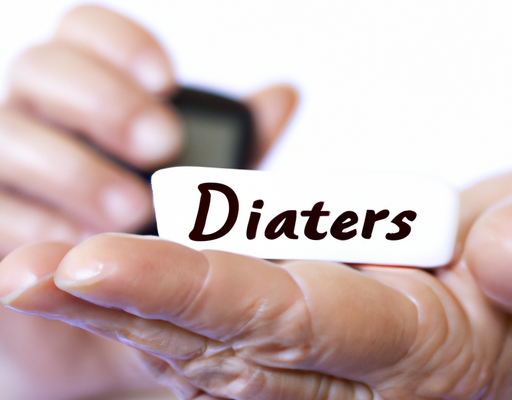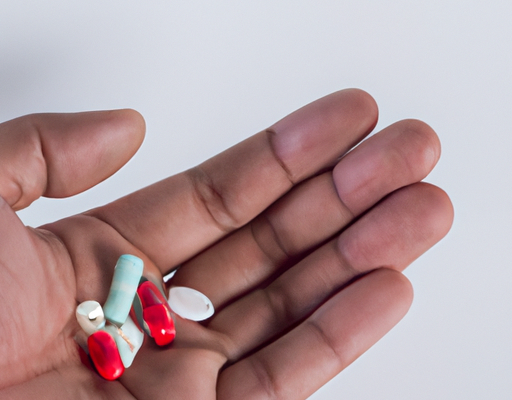What is Niacin?
Niacin is an important vitamin that plays a vital role in the human body. It is commonly referred to as Vitamin B3 and can be found in many different food sources. Niacin helps the body in many ways such as helping to convert food into energy, assisting in the breakdown of fats and carbohydrates, helping to maintain healthy skin, and aiding in the production of hormones. Niacin is water-soluble and has multiple medical uses, including the treatment of hyperlipidemia and hypercholesterolemia. Niacin is also known to reduce inflammation, support heart health, and improve circulation. When taken as a supplement, niacin can help to supplement the body’s natural supply of the vitamin. It is important to note, however, that taking too much niacin can be toxic, so it should be monitored closely by a doctor or healthcare practitioner.
Potential Health Benefits of Niacin
Niacin, also known as vitamin B3, has been used to treat a variety of medical conditions for many years. This essential nutrient helps the body to convert carbohydrates into energy, as well as to make certain hormones. It is also necessary for normal food digestion and to maintain healthy skin, hair, and nails. Additionally, niacin has been known to have many health benefits, especially when taken in high doses. Studies have shown that niacin can reduce cholesterol levels, improve circulation, and possibly lower the risk of heart attack, stroke, and other cardiovascular diseases. It can also aid in treating conditions like depression and anxiety. Niacin may also reduce the risk of developing Alzheimer’s disease and age-related dementia. Lastly, high doses of niacin may help treat acne and other skin conditions. While many of the health benefits of niacin are still being studied, it has proven to be an important nutrient for overall health and wellness.
Recommended Daily Intake of Niacin
The recommended daily intake of niacin, or vitamin B3, is a widely debated topic, but an adequate amount is essential for human health. While the exact dosage depends on the individual, 14-16 mg a day is typically recommended for adults, with an upper limit of 35 mg to prevent any adverse effects. Niacin is important for promoting skin, nerve, and digestive health, as well as helping to build and repair DNA and aiding the body in metabolizing carbohydrates, fats, and proteins. While a lack of niacin can cause serious health issues, including a deficiency disease known as pellegra, an excess can also cause negative effects, such as increased blood sugar levels, nausea, and vomiting. Thus, the importance of finding a balance in your daily intake of niacin cannot be overstated.
Potential Side Effects of Niacin
Niacin, also known as Vitamin B3, is a vital nutrient for good health. While it is a safe and effective supplement, there are potential side effects of niacin that should be taken into consideration. Here are some of the most common side effects of niacin:
- Nausea and vomiting
- Upset stomach
- Diarrhea
- Headache
- Dizziness
- Skin rash
- Facial flushing
- Itching or burning
If you experience any of these side effects while taking niacin, it is important to seek medical advice. In some rare cases, niacin can cause more serious side effects such as liver damage, irregular heartbeat, and allergic reactions. If you experience any of these symptoms, seek medical attention immediately.
Dangers of Taking Too Much Niacin
Niacin, also known as vitamin B3, is an essential nutrient that the body needs for optimum health. While most people can safely get the daily recommended dosage of niacin by eating certain foods, some people may choose to supplement their diets with niacin pills. When taken in large doses, however, niacin can be toxic and cause dangerous side effects. The most common side effects are nausea and abdominal pain. High doses of niacin can also cause skin problems such as itching, redness and flushing. In extreme cases, too much niacin can cause liver damage, irregular heartbeat and stroke. Therefore, it is important to speak to a doctor before taking any medication, including niacin, to make sure that the correct dosage is being taken. Taking too much niacin can have serious and unexpected consequences, so it is important to be aware of the dangers and side effects before taking it.
Conclusion
As it can be seen, taking niacin can be beneficial in many ways, but it can also be very dangerous and cause toxicity if it is taken at high doses or if it is taken in combination with other medications. Therefore, it is important to consult with a doctor before taking niacin and to understand the potential risks. In conclusion, niacin can be a helpful supplement and medicine if taken correctly and with caution. Here is a summary of the key points:
- Niacin can be beneficial for health.
- It can be taken as a supplement or a medicine.
- It is important to consult a doctor before taking niacin.
- High doses can cause toxicity.
- Certain medications can increase the risks when taking niacin.





No Comments